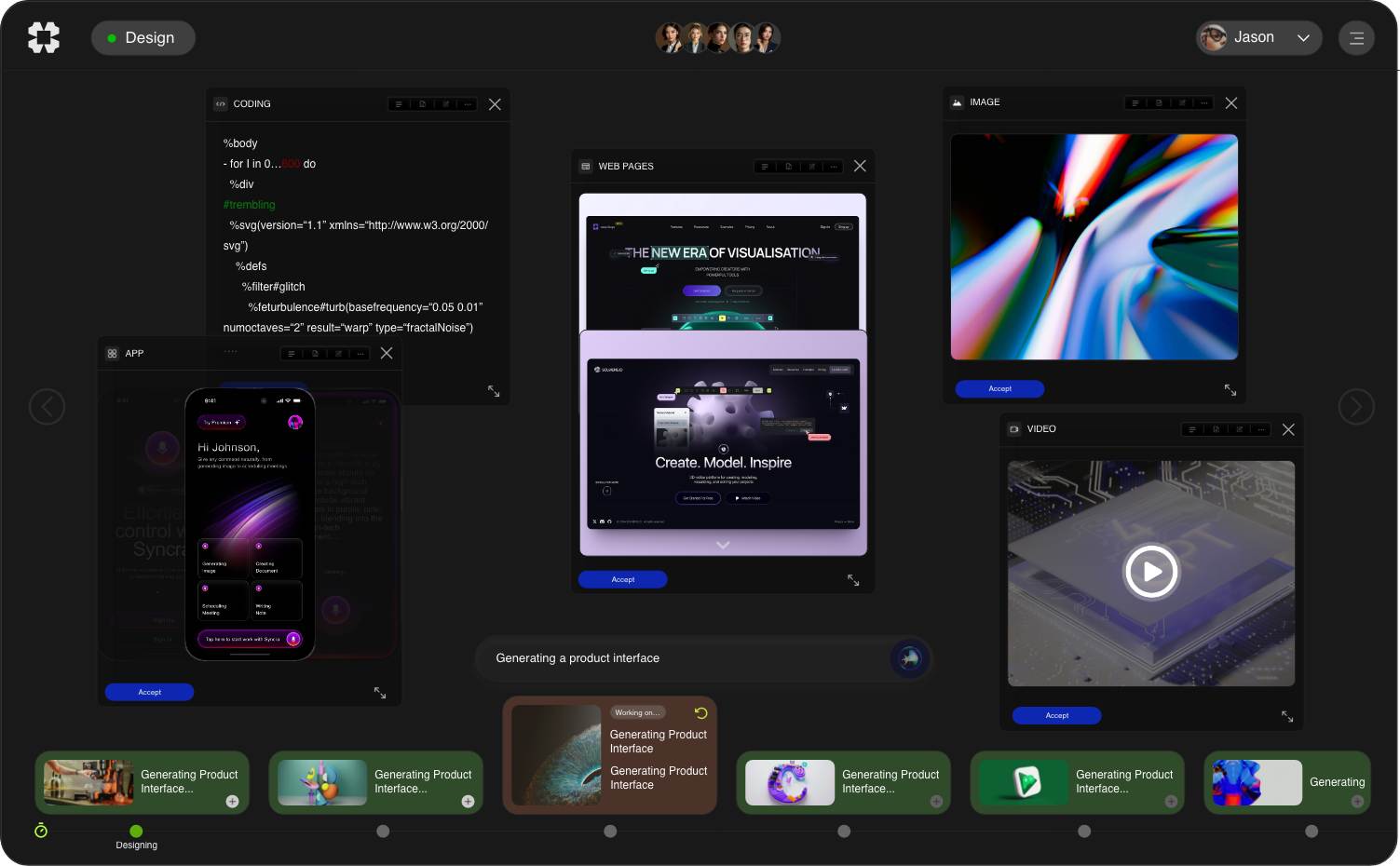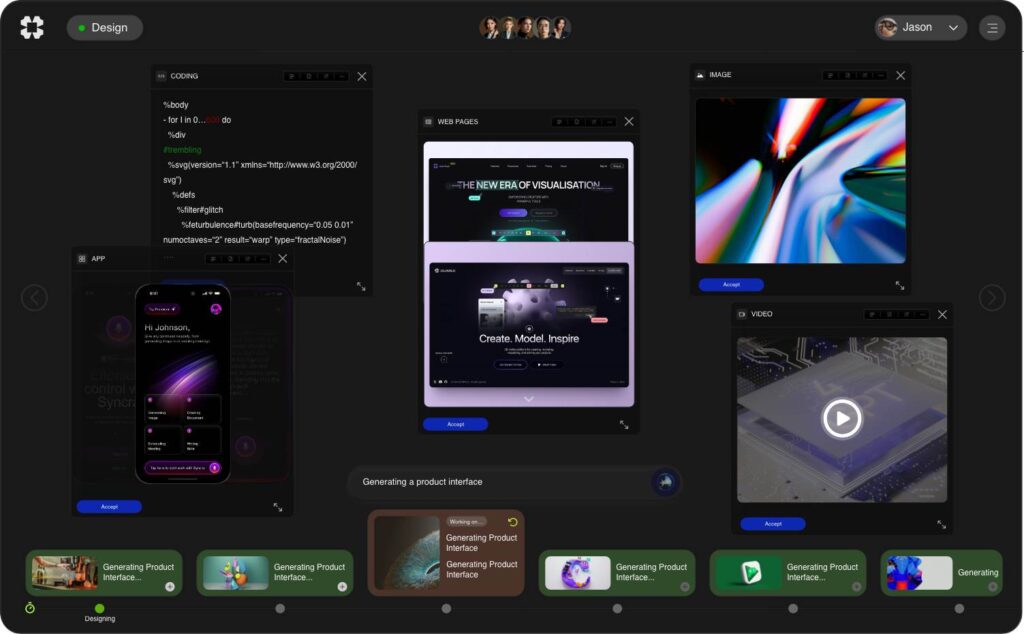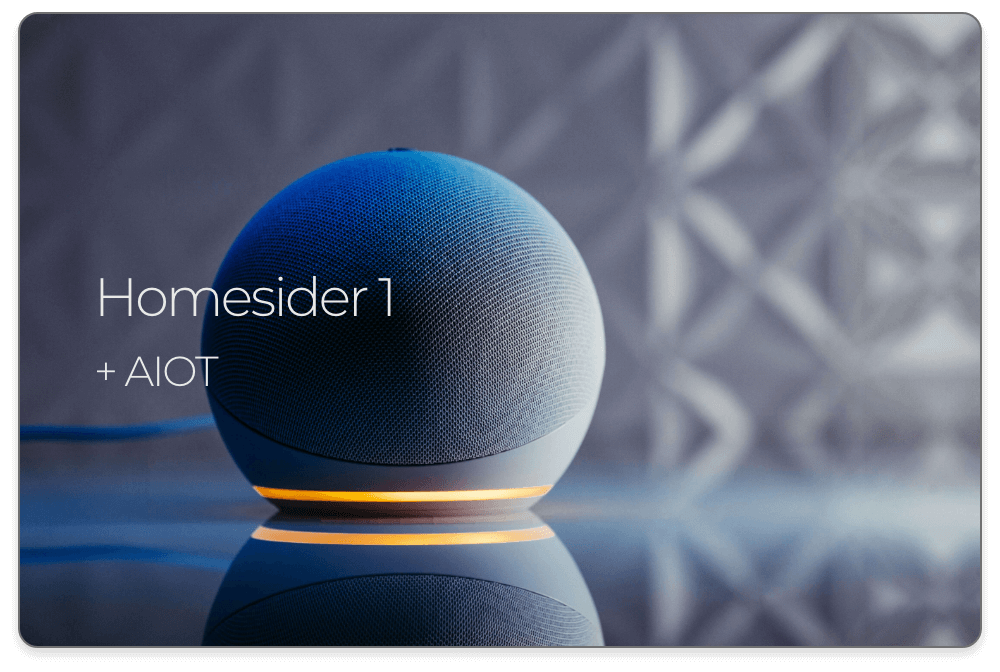In today’s rapidly evolving digital landscape, businesses are increasingly turning to artificial intelligence (AI) to enhance their operational efficiency, drive innovation, and create new revenue streams. The integration of AI tools into business models is not just a trend; it represents a fundamental shift in how organizations operate and compete. This article explores the latest trends in AI tools, the emergence of AI-driven business models, and how Microsoft Azure AI is leading the charge in this transformation.
.
### The Rise of AI Tools in Business
AI tools have become indispensable in various sectors, including finance, healthcare, retail, and manufacturing. These tools range from machine learning algorithms that analyze vast amounts of data to natural language processing applications that enhance customer interactions. As organizations recognize the value of data-driven insights, the demand for sophisticated AI tools continues to grow.
.
According to a recent report by McKinsey, over 50% of companies have adopted AI in at least one business function, and this number is expected to increase significantly in the coming years. The ability to leverage AI tools allows businesses to automate mundane tasks, predict customer behavior, and optimize supply chains, ultimately leading to increased efficiency and profitability.
.
### AI-Driven Business Models: A New Paradigm
The integration of AI into business models is giving rise to innovative approaches that redefine traditional practices. AI-driven business models leverage data and machine learning to create personalized customer experiences, optimize product offerings, and enhance decision-making processes. Companies are no longer just using AI as a tool; they are embedding it into the core of their business strategies.
.
For instance, subscription-based models are increasingly incorporating AI to analyze user behavior and preferences, allowing businesses to tailor their offerings more effectively. Streaming services, such as Netflix, utilize AI algorithms to recommend content based on individual viewing habits, thereby increasing user engagement and retention.
.
### Microsoft Azure AI: Empowering Businesses with Advanced AI Tools
Microsoft Azure AI stands at the forefront of this AI revolution, providing businesses with a comprehensive suite of tools and services designed to facilitate the development and deployment of AI applications. Azure AI offers a range of capabilities, including machine learning, natural language processing, and computer vision, enabling organizations to harness the power of AI without requiring extensive expertise in the field.
.
One of the standout features of Azure AI is its scalability. Businesses can start small, experimenting with AI tools and gradually scaling up as they gain confidence and experience. This flexibility is crucial for organizations looking to integrate AI into their existing workflows without disrupting operations.
.
### Key Features of Microsoft Azure AI
1. **Machine Learning Services**: Azure Machine Learning provides a robust platform for building, training, and deploying machine learning models. It offers automated machine learning capabilities, allowing users to create models with minimal coding experience.
2. **Natural Language Processing**: Azure Cognitive Services includes tools for natural language processing, enabling businesses to analyze text data, extract insights, and enhance customer interactions through chatbots and virtual assistants.
3. **Computer Vision**: Azure’s computer vision capabilities allow businesses to analyze images and videos, enabling applications such as facial recognition, object detection, and automated quality inspection in manufacturing.
4. **Integration with Other Azure Services**: Azure AI seamlessly integrates with other Azure services, such as Azure Data Lake and Azure Synapse Analytics, providing businesses with a holistic approach to data management and analysis.
.
### Industry Applications of AI Tools
The applications of AI tools are vast and varied, with numerous industries reaping the benefits. Here are a few notable examples:
1. **Healthcare**: AI tools are revolutionizing healthcare by enabling predictive analytics for patient outcomes, automating administrative tasks, and enhancing diagnostic capabilities. For instance, AI algorithms can analyze medical images to detect anomalies with greater accuracy than human radiologists.
2. **Finance**: In the finance sector, AI tools are used for fraud detection, risk assessment, and algorithmic trading. Machine learning models can analyze transaction patterns to identify suspicious activities, helping financial institutions mitigate risks.
3. **Retail**: Retailers are leveraging AI to optimize inventory management, personalize marketing campaigns, and enhance customer service. AI-driven recommendation engines analyze customer behavior to suggest products, increasing sales and customer satisfaction.
4. **Manufacturing**: AI tools are transforming manufacturing processes through predictive maintenance, quality control, and supply chain optimization. By analyzing data from machinery, businesses can predict failures before they occur, reducing downtime and maintenance costs.
.
### Technical Insights: Building AI-Driven Solutions
Developing AI-driven solutions requires a strategic approach that encompasses data collection, model training, and deployment. Here are some technical insights for businesses looking to implement AI tools effectively:
1. **Data Quality and Quantity**: The success of AI models largely depends on the quality and quantity of data. Businesses should invest in data cleaning, normalization, and augmentation to ensure that their models are trained on accurate and representative datasets.
2. **Model Selection**: Choosing the right machine learning model is crucial. Businesses should consider the specific use case, the nature of the data, and the desired outcomes when selecting models. Azure Machine Learning provides various pre-built algorithms that can be customized for different applications.
3. **Continuous Learning**: AI models should not be static; they need to evolve as new data becomes available. Implementing a continuous learning framework allows businesses to update their models regularly, ensuring they remain relevant and effective.
4. **Ethical Considerations**: As businesses integrate AI into their operations, they must consider the ethical implications of their AI solutions. Transparency, accountability, and fairness should be prioritized to build trust with customers and stakeholders.
.
### Industry Use Case: A Success Story with Microsoft Azure AI
One notable example of a company successfully leveraging Microsoft Azure AI is Coca-Cola. The beverage giant implemented Azure AI to enhance its marketing strategies and improve customer engagement. By utilizing machine learning algorithms to analyze consumer data, Coca-Cola developed targeted marketing campaigns that resonated with specific demographics.
.
The results were impressive: Coca-Cola reported a significant increase in customer engagement and sales. By harnessing the power of AI tools, the company was able to make data-driven decisions that enhanced its brand presence and customer loyalty.
.
### Conclusion: The Future of AI-Driven Business Models
As AI technology continues to advance, the potential for AI-driven business models will only grow. Companies that embrace AI tools like Microsoft Azure AI will be better positioned to innovate, compete, and thrive in an increasingly digital world.
.
The journey toward AI integration is not without its challenges, but with the right tools, strategies, and ethical considerations in place, businesses can unlock new opportunities and drive sustainable growth. As we look to the future, it is clear that AI will play a pivotal role in shaping the next generation of business models, transforming industries, and enhancing the overall customer experience.
.
### Sources
1. McKinsey & Company. (2023). “The State of AI in Business: 2023.” Retrieved from [McKinsey.com](https://www.mckinsey.com)
2. Microsoft Azure. (2023). “Azure AI Services.” Retrieved from [Azure.Microsoft.com](https://azure.microsoft.com/en-us/services/cognitive-services/)
3. Forbes. (2023). “How AI Is Transforming Business Models Across Industries.” Retrieved from [Forbes.com](https://www.forbes.com)
4. Harvard Business Review. (2023). “The Business of AI: How Companies Are Using AI to Drive Growth.” Retrieved from [HBR.org](https://hbr.org)

























